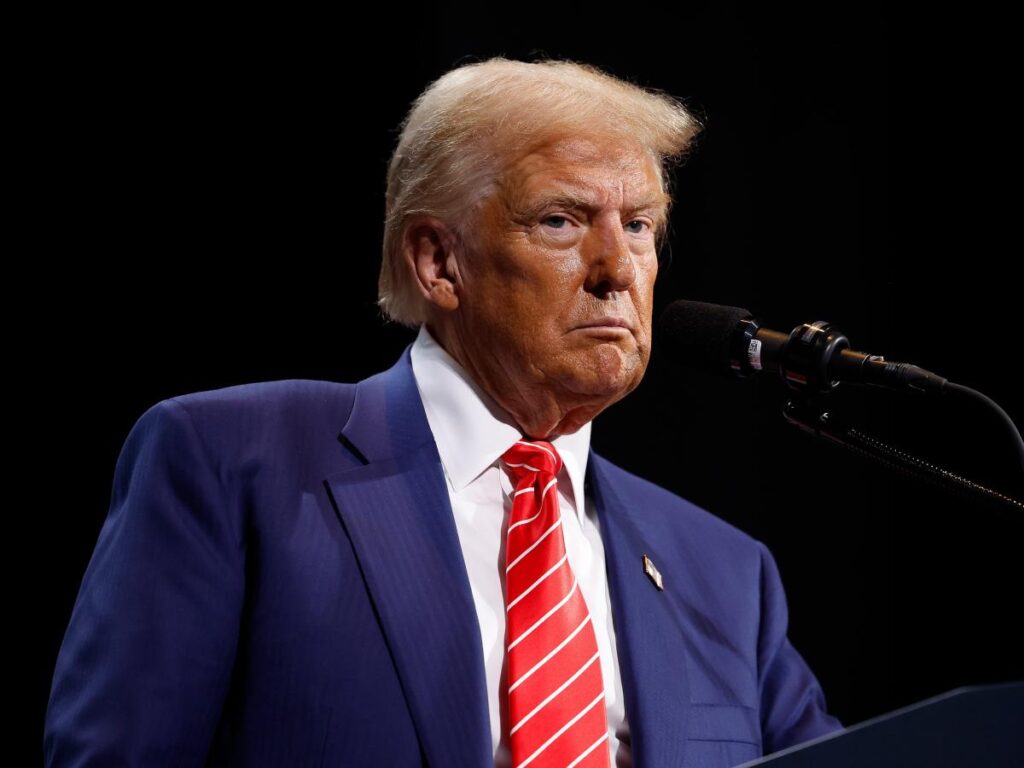On Friday, a significant development unfolded in the ongoing election interference case against Donald Trump, as a federal judge released over 1,800 pages of documents. This release is linked to special counsel Jack Smith’s recent motion, which provides substantial evidence against Trump regarding his attempts to overturn the 2020 election results. Trump’s legal team had sought to postpone the dissemination of these documents until after the upcoming 2024 presidential election, but their efforts were dismissed by United States District Court Judge Tanya Chutkan.
The newly released documents consist primarily of public records and transcripts that do not significantly expand the existing knowledge about the case. They serve as an appendix to Smith’s 165-page motion, which had previously been unsealed and presented new allegations of criminal behavior. A notable aspect of the release includes heavily redacted sections, particularly those related to Trump’s contentious phone call with Georgia Secretary of State Brad Raffensperger. While this phone call has been a critical piece of evidence against Trump, much of its content remains obscured due to redactions.
Despite the limitations of the newly released information, the release underscores the ongoing legal challenges facing Trump. His attorneys’ attempt to delay the release until after the election highlights the intricate legal strategy they are employing in what has become one of the most closely scrutinized cases in recent U.S. history. However, Judge Chutkan, maintaining that the pursuit of transparency was paramount, rejected the proposed delay. This refusal further emphasizes the judiciary’s role in ensuring judicial processes are not overly influenced by electoral timelines.
Trump has entered a plea of not guilty regarding the four federal charges he faces in this case, which revolves around alleged efforts to disrupt the democratic electoral process. Each charge paints a detailed portrait of the former president’s actions in the wake of the 2020 election results, and the court’s recent decisions amplify the nature of his legal battles. Trump’s ongoing defiance of the judicial proceedings and his attempts to frame the situation publicly as politically motivated continue to shape the narrative surrounding the case.
With the 2024 presidential election drawing nearer, the implications of these judicial processes on Trump’s campaign are profound. The juxtaposition of his legal troubles and electoral ambitions could lead to significant political ramifications as voters assess his viability as a candidate in light of these serious allegations. Moreover, the broader impacts on the Republican Party’s strategies and voter sentiment could be substantial, adding layers of complexity to an already dynamic political landscape.
As the situation remains fluid, and with updates expected to continue emerging, the intersection of law and politics will undoubtedly draw heightened scrutiny. The unfolding developments in Trump’s legal challenges will likely impact public discourse in the coming months, particularly as they intertwine with ongoing electoral debates and the electorate’s reaction to his actions. The case against Trump not only highlights issues of election integrity but also raises questions about accountability for public figures in positions of power, ultimately shaping the future of political discourse in America.

